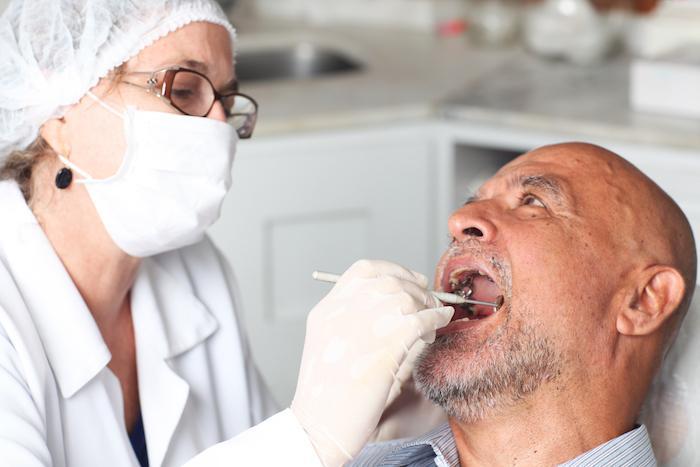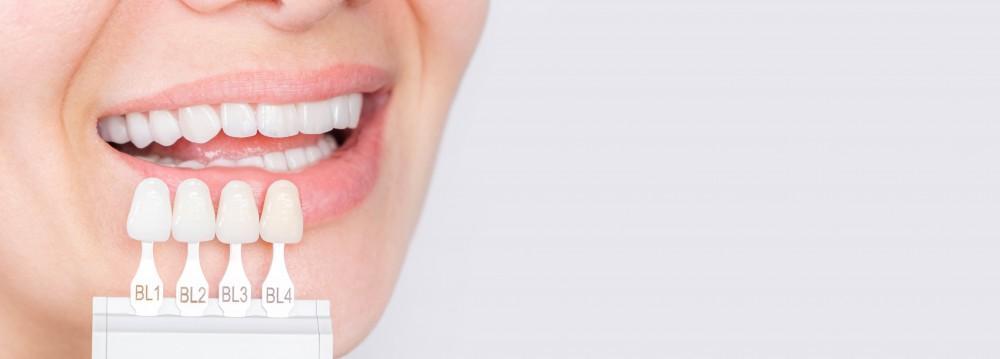Each day in the United States, dental providers perform a whopping 41,000 root canal procedures — or 15 million per year. Since this procedure is designed to save your tooth (and relieve your pain), like millions of others, you want to do what you can to extend these protective efforts.
To help safeguard your teeth after a root canal procedure, Dr. Negar Tehrani, along with the rest of the team here at McLean Aura Dentistry, pulled together a few important rules of thumb and suggestions.
Immediate care after your root canal
After your root canal procedure, we cover the treated tooth with a temporary crown, which will tide you over until your permanent crown comes in. You can brush and floss with this temporary crown, so we encourage you to keep up your regular cleaning habits.
If the area is a little sore from the work we did, some over-the-counter medications usually work well to relieve the discomfort, which should only last a day or two.
After your crown is in place
Once we place your permanent crown, this new cap should last 10-20 years, or more, if you take good care of it. This means maintaining great dental hygiene and avoiding things that might overstress the crown.
Your crown is made of tough materials that stand up to chewing, but you shouldn’t push it too far. For example, using your teeth as tools or chewing ice are both habits that can break crowns, and your natural teeth.
By all means, you can tuck into your favorite steak and enjoy corn on the cob, but try to be mindful of those potential hazards that can crack teeth, such as unpopped popcorn kernels.
Avoiding reinfection
If you’ve been through a root canal infection, you’ll agree that it was one too many. During your root canal procedure, we removed the pulp from your root canal and sealed the area, so you likely won’t have to worry about reinfection in the treated tooth.
You now understand the importance of preventing infection in your other teeth. Infections in your root canals tend to occur when your tooth is damaged, and bacteria can make their way inside. This means that any time you have a dental emergency in which you crack or chip a tooth, come see us as soon as possible so we can plug up the damage.
Also, if you have a filling that has come out, either partially or wholly, this is an invitation for bacteria to get in, so you need to see us.
It’s also important that you see us for your regular dental exams and dental cleanings so that we can help you stay one step ahead of tooth decay.
Your root canal infection can serve as a reminder to keep up with your dental care, whether at home or with us here.
If you have more questions about taking care of your teeth after a root canal procedure, contact our office in McLean, Virginia.




